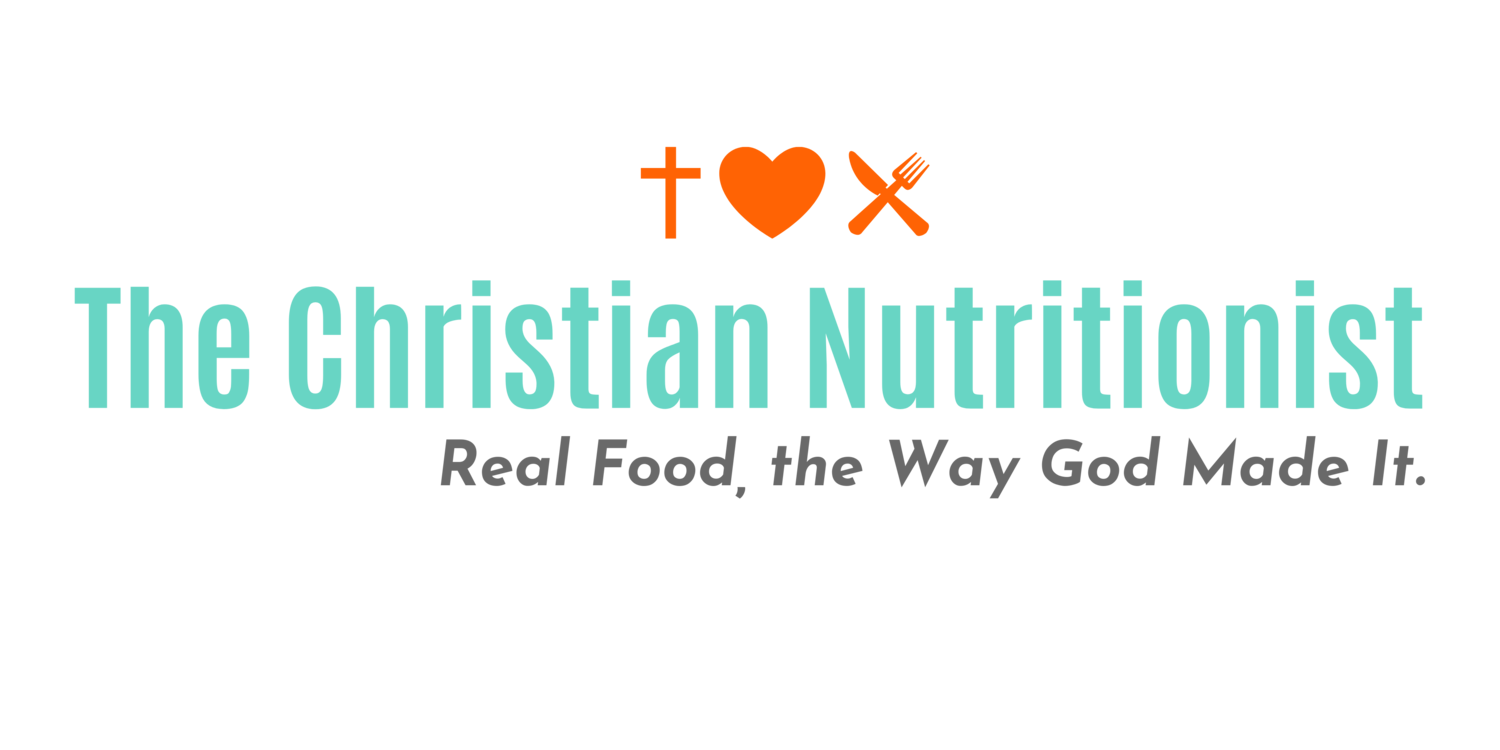177: Better Relationships, Less Emotional Eating with Life Coach Jill Lillard
Relationship issues are often a trigger for emotional eating, overeating, or overdrinking. If you’ve ever had a fight with your spouse or had an intense encounter with your boss and then mowed down a bag of chips or a bottle of wine to make you “feel better” - you know what I’m talking about.
In this week’s episode, life coach and licensed therapist Jill Lilllard coaches us through managing our minds in our relationships so that we have better tools to use instead of food. This benefits your body AND your relationships. It’s a great opportunity to get insight from an expert. Come listen!
EPISODE 177: Better Relationships, Less Emotional Eating with Life Coach Jill Lillard
Show Notes
(0:00) Intro
Hello my friend! Welcome back to the club, how are you today?
The way we interact with the people in our life - our relationships - with our spouse, our kids, our parents, our coworkers, our friends - play an enormous role in our health both emotionally and physically. I’ve shared that we had a doozie of a year in my family this past year sandwiched between raising teenagers and navigating aging parents. There was a lot of stress and with stress comes emotional and physical impact - some of it unconsciously and some of consciously - like when you go to your pantry and mow down a bag of chips or polish off a bottle of wine in the fridge. Relationship issues are often a trigger for emotional eating, for overeating, or over-drinking, which derails our physical health goals. So today I have invited life coach and licensed therapist Jill Lillard to offer some insight and strategy on how to better manage our minds around our relationships which can not only help improve the relationships in our lives but also help lower stress and emotional eating.
(3:28) Tell us about your background and what you do.
Licensed therapist and Gottman Certified Marriage Counselor
Certified Life Coach at The Life Coach School
Bricks and Mortar Counseling Practice
Online Business, The Happiest Lives: Courses, Coaching and Community for Christian Women who are committed to having fruitful lives and relationships. . They want to stop being disappointed in their life and relationships and show up as the powerful, loved and loving women God says they are
(6:20) Could you share the difference between a therapist and life coach?
Therapy is more diagnostic — Sometimes seems more dysfunction based
Sometimes involves treatment/medication
Coaching can be more future-focused
Creating results
More of a teaching element involved
(8:55) How do you see relationships impacting ones physical and overall health?
Relationships bring up emotions (your relationship with yourself is how you respond to others)
How we respond to emotions (resist, indulge or allow) buffering and suppressed emotions manifest physically
Made for relationships
What happens when you resist negative emotions
Net negative consequences
Becoming more aware of how you are thinking and feeling
(18:50) Owning your thoughts and not trying to own someone else’s thoughts:
A sense of responsibility leads to try and control.
“I am here to listen”
We have to have a foundational belief of not being responsible for another person’s feelings.
Create the space to allow them to share
God gives us free will over our thoughts, our feelings, and the way that we’re showing up. He doesn’t give us agency over someone else’s life.
(27:55) Explaining the concept of manuals
We each have a manual of how we expect life to be.
If we try to hold people to our own manual, we will experience frustration.
Requesting vs. Demanding
Offering your brain a new thought
Getting stuck in the unintentional thought/behavior
(35:00) The importance of really feeling our feelings
Numbing/buffering with food, wine, etc.
Our emotions are an invitation to engage with God.
Staying aware and intentional in our feelings and experience the presence of the Holy Spirit.
Taking a pause and spending a moment in prayer.
(40:00) The 4 P’s
Panic: The trigger, the queue to hit pause.
Pause: Stopping, realizing that it is not an emergency
Pray: Heart scan
Expose, renew, engage, press on
Journal, taking thoughts captive. What is true? What is helpful?
Praise: Shifting focus into praise. Sending thanks to the Lord.
(45:45) Self-Coaching Model
We don’t have control over the circumstances, but we have control over our thoughts, feelings, emotions, and actions.
Reframing circumstances
(48:23) What other tools have your clients found most helpful?
Core Foundational skills
The Happiest Lives Academy
Learning how to manage your life from the inside out
Symbolic processes
Leveraging emotions
Making powerful decisions
Breaking strong holds (repetitive thoughts)
Brain is creating new neural pathways
(58:20) Indulging emotions
Shifting from old patterns into powerful decisions.
The difference between resisting and indulging.
Getting outside of the emotion and looking down on it.
Feeling the feeling, not reacting from the feeling.
(1:04:00) Anchor Questions:
What is your anchor meal?
Pizza bowls (veggies, turkey pepperoni and cheese)
What is your anchor verse?
“He whose feet are steadfast will keep in perfect peace, because he trusts in you” Isaiah 26:3
How can women get connected to you and your products?
Outro & Disclaimer
Thanks for listening! Have a healthy and blessed week!

